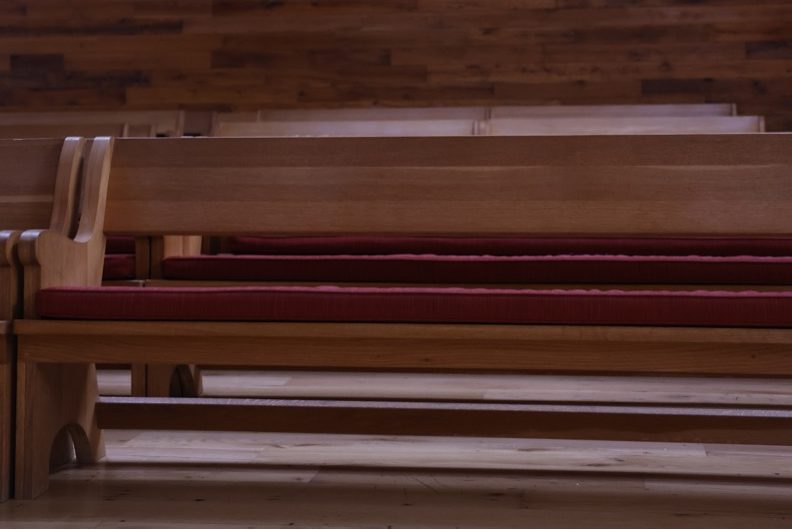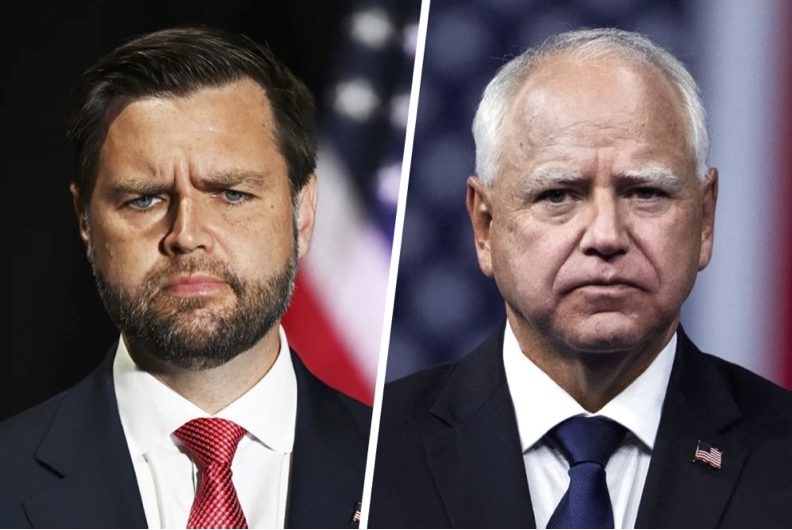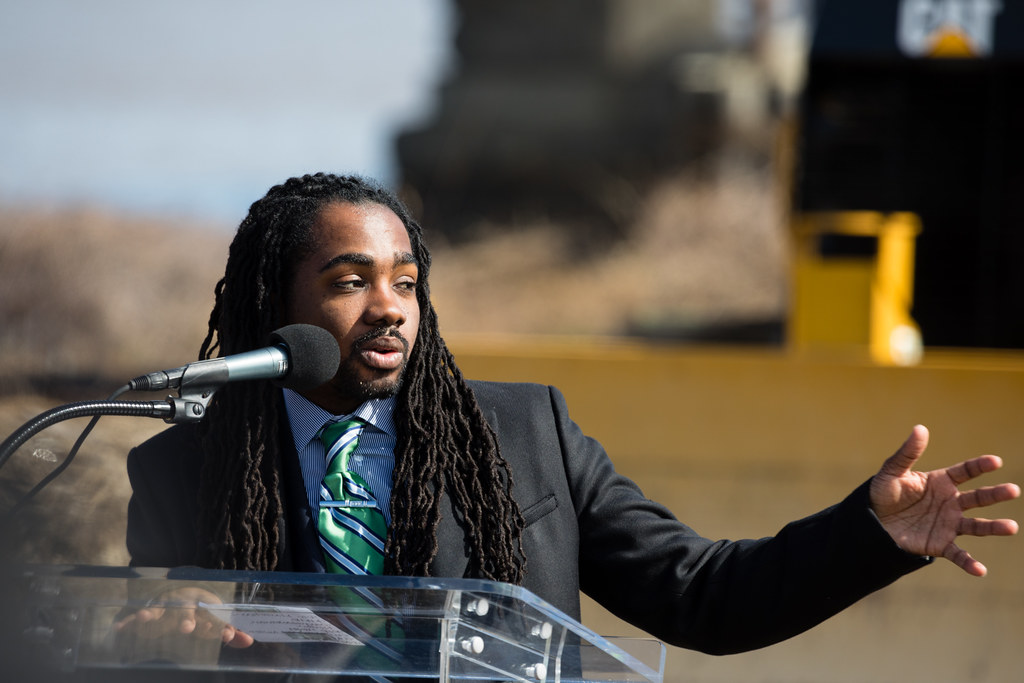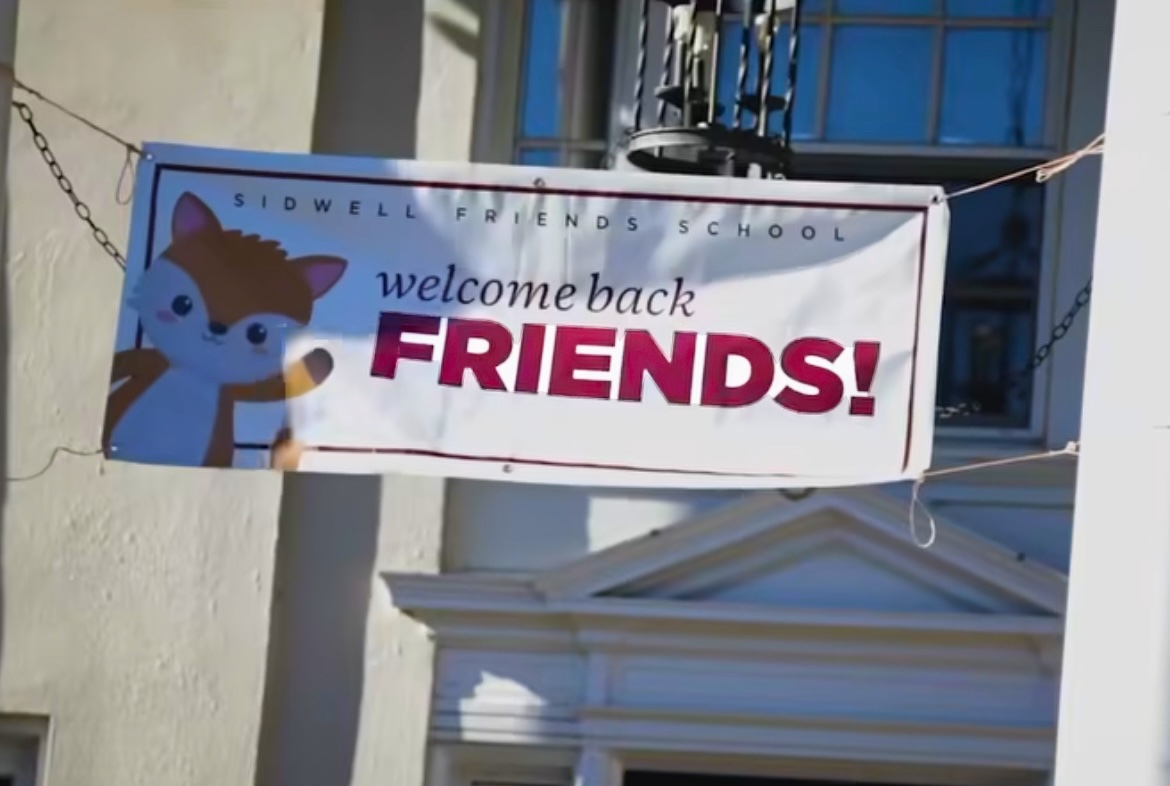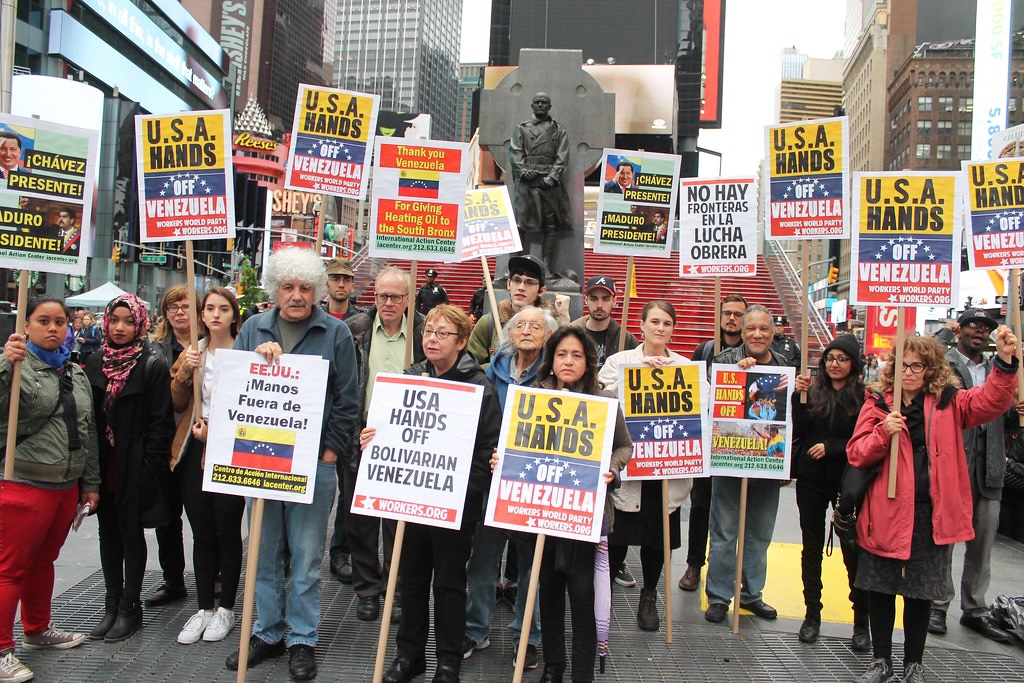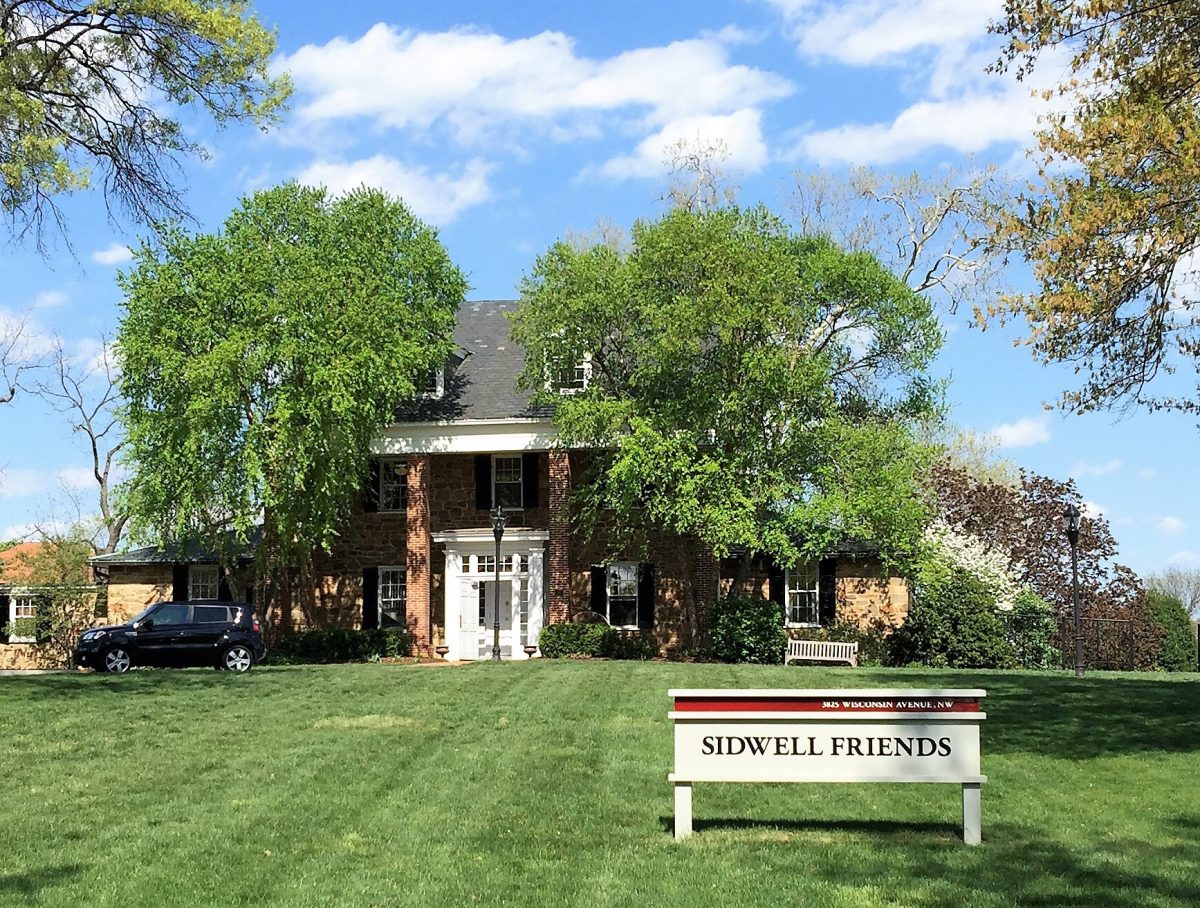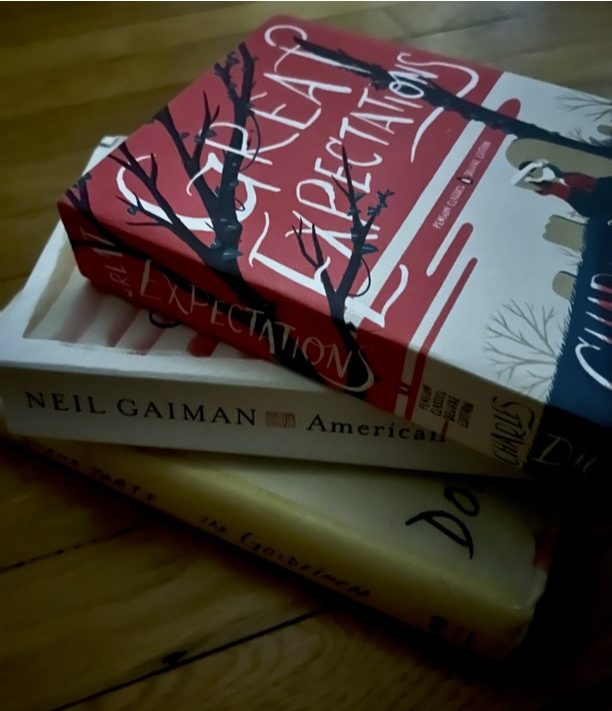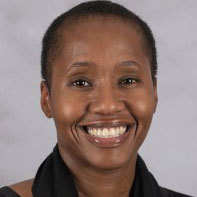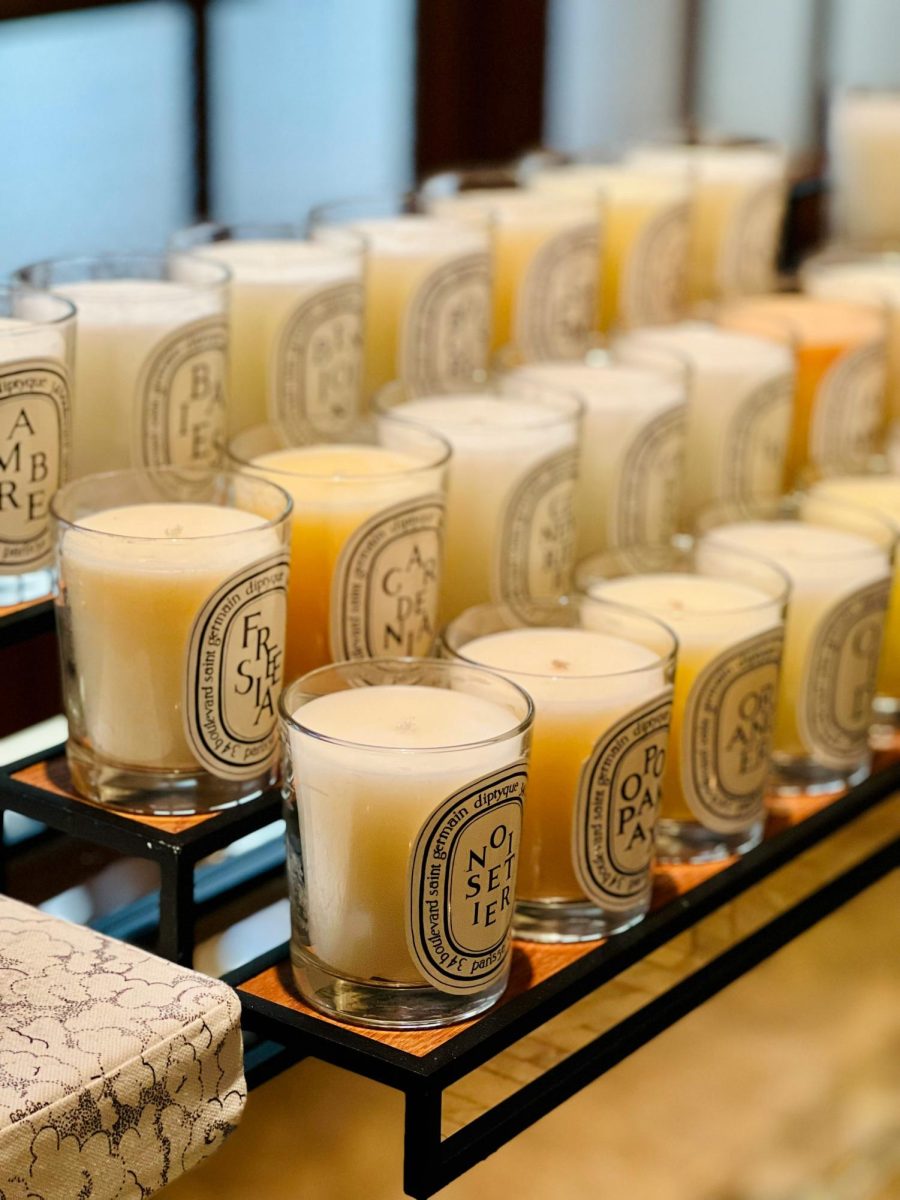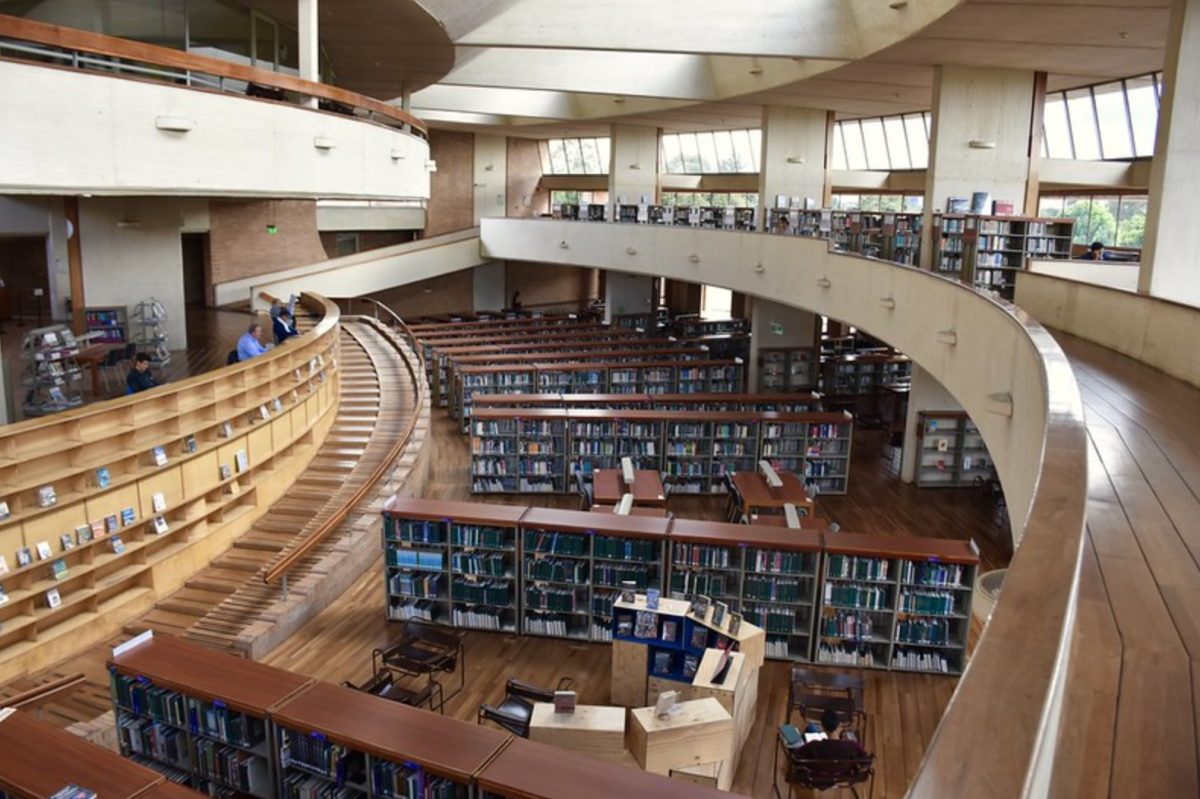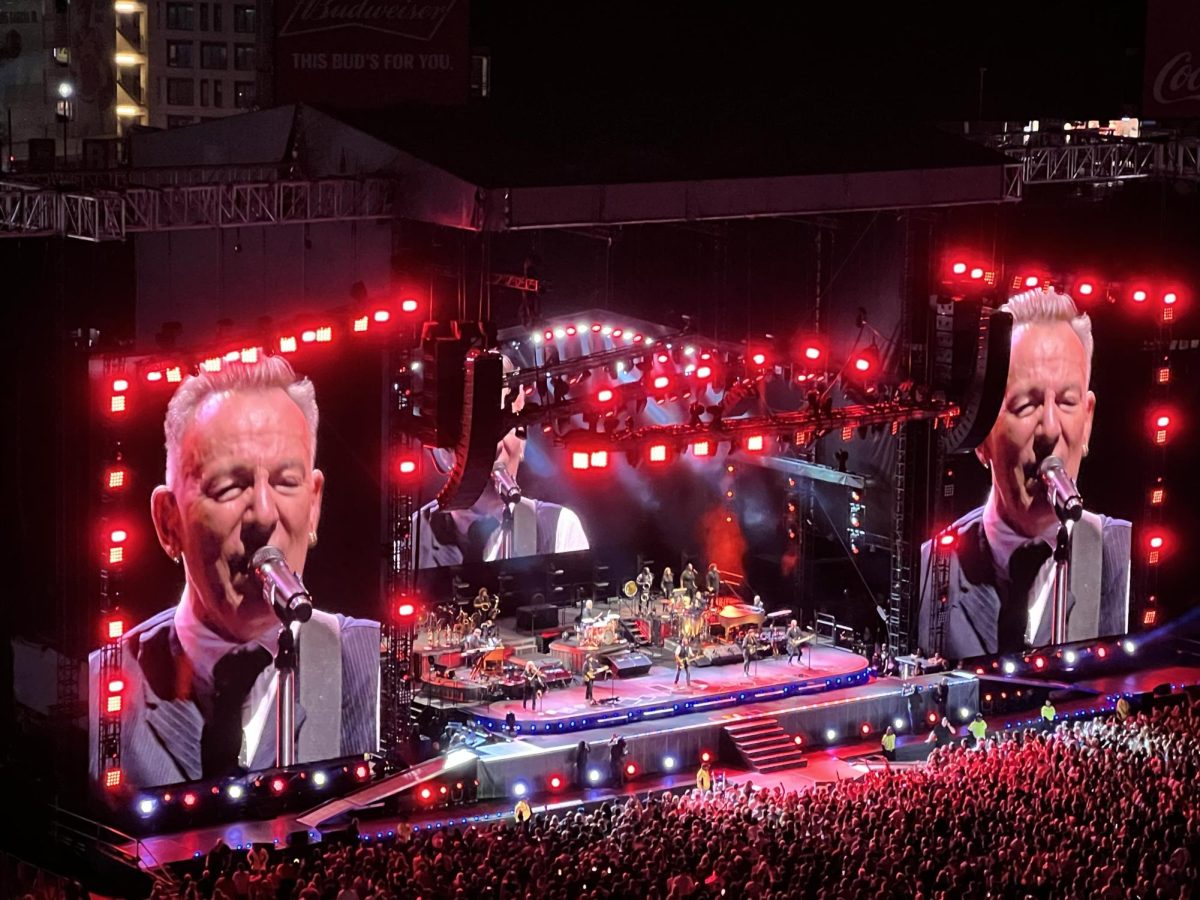In our school community, MFW is a space in which the student body is most connected with the school’s Quaker values. MFW is traditionally seen as a sacred space where individuals unite in silence, seeking spiritual connection and collective discernment. It allows participants to share their experiences and insights, fostering a sense of community grounded in mutual respect. However, the increasing polarization of political views in today’s society raises important questions about how political discourse can be integrated into our meetings.
At its core, Quakerism encourages and relies on a strong community emphasizing listening and discernment to create a space where we can feel comfortable sharing inspiration, including perspectives on social and political issues. Although sometimes beliefs shared in meetings may not be held by all attendees, it does not make their contribution any less valid. If MFW is in fact a space where students and faculty can share their insights, the school should not dissuade students from respectfully speaking their minds. However, it is crucial to do this thoughtfully to ensure that MFW remains a space for sharing ideas rather than a platform for a partisan agenda.
The reason the ability to speak freely is so important in our meetings is deeply intertwined with one of the Quaker Spices: community. Our shared community is crucial to our school because it fosters connection, support and a sense of belonging amongst our student body. When we come together, we can pool our perspectives and address challenges from a multifaceted perspective. Shared experience through the lens of different perspectives can help grow our community into a more empathetic and understanding place, enriching the social fabric of our school and encouraging positive change. In this context, sharing during a meeting, even if the subject matter is shrouded with controversy, can enrich our community by providing diverse perspectives and encouraging deeper understanding. However, it is essential to distinguish between sharing and imposing. The aim of MFW is not to debate or persuade but rather to listen and reflect. When we express political opinion, it should be done in a spirit of openness, acknowledging that others may hold different views rooted in their own identities. The challenge lies in ensuring that the space remains welcoming for all voices without devolving into conflict or exclusion.
To facilitate this, our community can establish guidelines that promote respectful discussion. Establishing sharing as a presentation of one’s ideas rather than universal truths is crucial. For example, instead of asserting that one way of thinking is the only moral choice, members of our community can share how specific issues resonate with their own experiences. This encourages a culture of sharing that values personal insight without demanding agreement.
MFW should be a space for shared ideas, and meetings should be approached with intention and care. We must strive to maintain our Quaker values as a community, which includes making sure our students are comfortable; however, we also need to protect our strong sense of community where we can feel comfortable around one another. Our priority should be ensuring every student is comfortable sharing at meeting without fear of judgment. We need to create a space where we can have a melting pot of different ideas and perspectives that every community member can respect.










